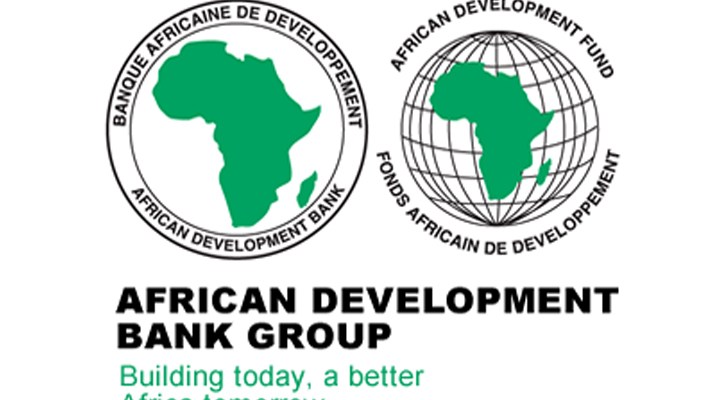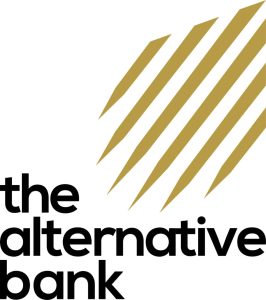AfDB Probe: How Ethics Committee cleared Adesina

On May 5, the Ethics Committee of the Board of Directors of the African Development Bank (AfDB) declared the president of the bank, Akinwunmi Adesina, innocent of corruption allegations raised by some whistleblowers within the bank.
The committee, headed by Takuji Yano, the institution’s Japan Executive Director, described the 16-count allegations against Mr Adesina, who is seeking another five-year term, as “spurious and unfounded”.
Regardless, on May 22, the United States, which is a member of the bank, expressed “deep reservations about the integrity of the Committee’s process” and called for a fresh “in-depth investigation of the allegations.”
In a letter to the chairperson of the bank’s board of governors, Nialé Kaba, the Secretary, U.S. Department of Treasury, Steven Mnuchin, faulted the committee’s decision to totally exonerate Mr Adesina of all allegations.
Mr Mnuchin said it was not yet time to make such a declaration, until an “independent outside investigator of high professional standing” has undertaken an evaluation of the facts of the allegations.
PREMIUM TIMES on Monday published details of the allegations against Mr Adesina, Nigeria’s former agriculture minister.
This newspaper has exclusively obtained the full report of the ethics committee, and the articles it relied on to make that determination.
The committee based its approach on the bank’s Article 3 of Resolution No. B/BG/2008/11 which contains the AfDB’s “Whistleblowing and Complaints Handling Policy”.
The article empowers the ethics committee to “conduct a preliminary examination of a complaint or allegation received by it to determine whether it is based on apparently solid justifications, with a view to submitting it to the Chairperson of the Bureau of the Board of Governors.”
If the preliminary examination of the complaint or allegation reveals it was “frivolous or not based on any objective and solid facts”, the resolution empowered the Committee to dismiss it.
On the other hand, it says if the preliminary examination of the complaint or allegations revealed facts capable of establishing violations of the Code of Conduct, the Committee is empowered to submit the complaints or allegations to the Chairperson of the Bureau of the Board of Governors for further examination.
Timelines of probe
The committee said it received an email from the “Group of Concerned Staff Members” on January 19, 2020, titled “Disclosure of Acts Related to Alleged Breach of the Code of Ethics by an Elected Officer.”
A copy of the mail was sent to the Director of the Integrity & Anti-Corruption office (PIAC) of the Bank, the Chairperson of the Audit and Finance Committee.
The committee said it drew the attention of the board of directors of the bank to the petition.
It said to determine which, between the Audit and Finance Committee (AUFI) of the Board and the Director of the Integrity and Anti-corruption Office (PIAC), had the legal mandate to handle the complaint, a restricted meeting of the Board was held.
On February 4, the committee approached the general counsel of the Bank to seek not only further clarification on its mandate but to solicit the legal advice on the admissibility of the petition form as filed.
The meeting was in addition to the oral evidence received by the Committee from the Director of the Anti-corruption & Integrity Office, and the Bank’s Auditor-General.
The following day, the committee said it held an informal meeting and conducted a point-by-point examination of all the allegations to confirm their substantive validity.
At the end of the meeting, the committee said it resolved to write to the petitioners to request additional documentation to clarify their allegations.
On February 7, the committee said it sent a copy of the petition to Mr Adesina and demanded his official response.
On February 14, the Committee sent an email to the petitioners to request additional information to sustain their allegations.
However, in its response the following day, the petitioners declined the committee’s request, opting to maintain the anonymity of its members. It argued that providing any further evidence would uncover the identities of its members.
On February 10, Mr Adesina’s legal counsel sent a letter to the committee on the matter. A similar letter was also sent on March 10.
However, the committee said it decided to ignore the letters on the ground that Mr Adesina did not inform it the letters were from his legal representative.
Between February 27 and April 9, the committee said it held about five meetings to examine the 16 allegations contained in the petition received.
On April 8, the committee received a memorandum from Mr Adesina conveying his response to the petition, which was transmitted to the Board of Governors, accompanied with other documents on the matter.
Committee’s conclusion
On completion of the preliminary review of all the allegations in the petition, the Committee in its report to the Chairman, Board of Governors, dismissed them, having established they were “not based on any objective and solid facts” pursuant to Resolution No. B/BG/2008/11.
Besides, the Committee drew the attention to Article 4 of Resolution No. B/BG/2008/11 which vests in the Chairman of the Board the sole prerogative to act in consultation with other members to finally determine whether or not a reasonable basis exists to pursue the allegations against Mr Adesina further.









